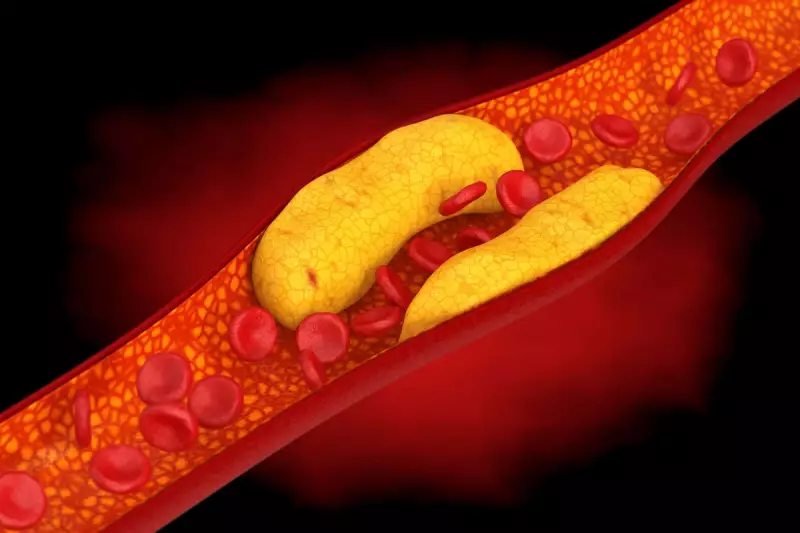
While the dangers of high 'bad' LDL cholesterol are well-known, a silent threat lurks in the opposite direction: critically low levels of 'good' HDL cholesterol. New insights reveal that this often-ignored condition can be just as perilous for your long-term health.
High-Density Lipoprotein (HDL) is hailed as the body's cholesterol scavenger, diligently transporting harmful fats away from the arteries to the liver for processing. But when these levels plummet, the protective mechanism fails, significantly elevating the risk of cardiovascular diseases.
The Five Red Flags You Must Not Ignore
Unlike the overt symptoms of high cholesterol, signs of low HDL are notoriously subtle and easily mistaken for general fatigue. Medical experts warn to watch for these key indicators:
- Persistent and overwhelming fatigue without a clear cause.
- Shortness of breath during routine activities that were once manageable.
- A general feeling of being unwell or 'off-colour'.
- Unexpected weight gain or changes in metabolism.
- Skin changes, such as unusual paleness or xanthomas (cholesterol deposits).
Why This Silent Condition Is So Dangerous
The insidious nature of low HDL lies in its absence of clear, dramatic symptoms. Many individuals remain completely unaware until they face a serious cardiac event. This makes proactive testing and a understanding of personal risk factors—such as genetics, diabetes, a high-carbohydrate diet, and smoking—absolutely critical.
Taking Action: How to Boost Your HDL Levels
The good news is that lifestyle interventions can powerfully influence your HDL count. Incorporating these changes can make a substantial difference:
- Embrace healthy fats: Avocados, olive oil, nuts, and oily fish are your allies.
- Get moving: Regular aerobic exercise is one of the most effective ways to raise HDL.
- Quit smoking: Tobacco use actively suppresses good cholesterol levels.
- Limit refined carbs and sugars, which can negatively impact your lipid profile.
If you suspect your HDL levels might be low, the first and most important step is to consult your GP. A simple blood test can provide a clear picture of your cholesterol levels and form the basis for a personalised plan to safeguard your heart health for years to come.





